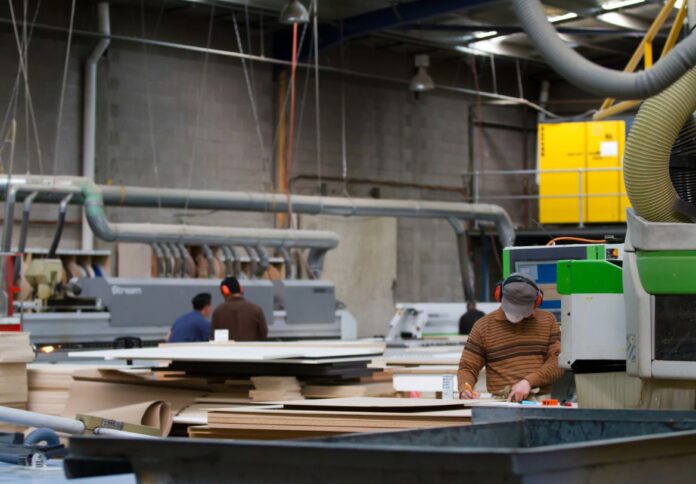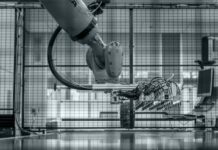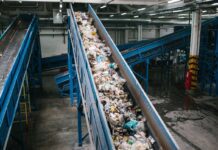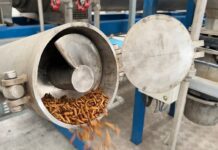
Koskela, a manufacturer of furniture designed for Australian workplaces, schools, and homes, has launched its inaugural Circularity Action Plan as part of its ambitious commitment to total circularity by 2027.
Under Koskelas’s new circular business model, no product manufactured by the company will ever end up in landfills. By 2027, all furniture they produce will be repairable, reusable, or at the very last resort, recyclable, the company claimed in its announcement.
To achieve this, the company said it will eliminate waste at all stages of operations, beginning from design to materials and production. Services such as repair, trade-in, and reselling programs will also be available to bring products back into circulation.
Aside from supporting the approximately $1.9 trillion in economic benefits over the next two decades, Koskela’s transition to a circular business model also aims to address Australia’s “fast furniture” problem.
According to the Australian Government, the country generates 30,000 tonnes of commercial furniture waste with 95 per cent ending up in landfills.
NAB, Suncorp, and Flinders University have adopted Koskela’s sustainable approach by using furniture that can adapt to changing environments, be repaired or renewed, or be returned or re-homed when no longer needed.
In addition to the business and education sectors, Koskela is helping homes become more circular.
In its Circularity Action Plan, the company highlighted the initiatives it will take to achieve circularity by 2027 and reach absolute zero carbon emissions across all three scopes by 2035. These include:
- Repair & ReHome- Under this initiative, an online marketplace will be launched for pre-loved and refurbished Koskela furniture. Customers can receive incentives when they trade in furniture they no longer need, helping others access products at lower prices and ensuring materials are recycled properly if the products cannot be repaired.
- Consciously crafted – This initiative ensures that the company will design and manufacture products on-shore that are flexible, fit for purpose, and made to last.
- No carbon offsetting – Koskela is phasing out its claim to be carbon neutral. Instead, the company is allocating its carbon offset budget towards research and development that will eliminate emissions completely.
- 90 per cent recycled materials- Under this plan, Koskela aims to refrain from using virgin materials and ensure that by 2026, 90 per cent of products will be manufactured using recycled and recyclable materials.
“We can’t just tree-plant our way out of this. Going circular is the best way for many businesses to decouple growth (and revenue) from an increased carbon footprint, while also minimising virgin material extraction,” said Sasha Titchkosky, Koskela’s co-founder and CEO
The Australian manufacturing company said it will provide a year-on-year update on its commitment to the action plan.




















